Senegal joined the ranks of hydrocarbon-producing countries with the announcement on Tuesday by Australian company Woodside Energy that it had begun extracting oil from the Sangomar field off the African coast.
“Woodside has extracted the first oil from the Sangomar field, completing the delivery of the country's first offshore oil project,” said the company, which operates the field with Société des Pétroles du Sénégal (Petrosen), in a statement.
The deepwater field, around 100 km south of Dakar, contains oil and gas. The project, whose development was launched in 2020, required an investment of around $5 billion, according to the company. It aims to produce 100,000 barrels a day.
This first extraction from Sangomar precedes the entry into production of another project, Grand Tortue/Ahmeyim (GTA), on the border with Mauritania, developed by the British BP with the American Kosmos Energy, Société Mauritanienne des Hydrocarbures (SMH) and Petrosen. It is expected to produce around 2.5 million tonnes of liquefied natural gas per year, and production could begin in the third quarter.
Senegal's oil and gas production will be for export and domestic consumption. It will be far from reaching the levels of global and African giants such as Nigeria. But billions of dollars in revenues are expected, as well as an accelerated transformation of the economy.
“The start of extraction from the Sangomar field marks the beginning of a new era, not only for our country's industry and economy, but above all for our people,” says Petrosen Exploration & Production Managing Director Thierno Ly, in Woodside's press release. The Australian company's boss, Meg O'Neill, calls it “a historic day for Senegal and for Woodside”.
The discovery of vast oil and gas deposits in the Atlantic since 2014 has raised considerable hopes in this poor country on the road to development. Expected oil and gas revenues are estimated by Petrosen at an annual average of over one billion euros over a thirty-year period.
Political stakes
The discovery has also prompted fears that the country, like others, is experiencing the oil “curse”, with a windfall that feeds corruption without benefiting the population.
In the face of international efforts to reduce dependence on fossil fuels, Senegal is staking a strong claim to the exploitation of its oil and gas resources.
Future gas and oil production, which has been postponed several times, was a major theme of the recent presidential campaign, which saw the victory of anti-system candidate Bassirou Diomaye Faye, who claims to be a left-wing sovereigntist and pan-Africanist.
Mr. Faye's camp campaigned on the promise to review or renegotiate oil and gas, mining and fishing agreements signed by the previous administration and deemed unfavorable to Senegal.
The new president inaugurated in April announced an audit of the mining, gas and oil sectors as one of his first measures. The Prime Minister and former mentor of Mr. Faye, Ousmane Sonko, reaffirmed on Sunday his desire to review the contracts.
“We're the ones who promised you that we'd renegotiate the contracts, and we're going to do it, and we've even started already,” he said in Dakar in front of his party's youth.
The initial phase of Sangomar consists of a floating production and storage unit linked to subsea infrastructure designed in anticipation of later phases of development. It comprises 23 wells, including 11 production, 10 water injection and 2 gas injection wells, says Woodside. Twenty-one wells have been completed, it says.
This initial phase will produce from the least complex reserves and test other reservoirs, she says.
Brèves AFP


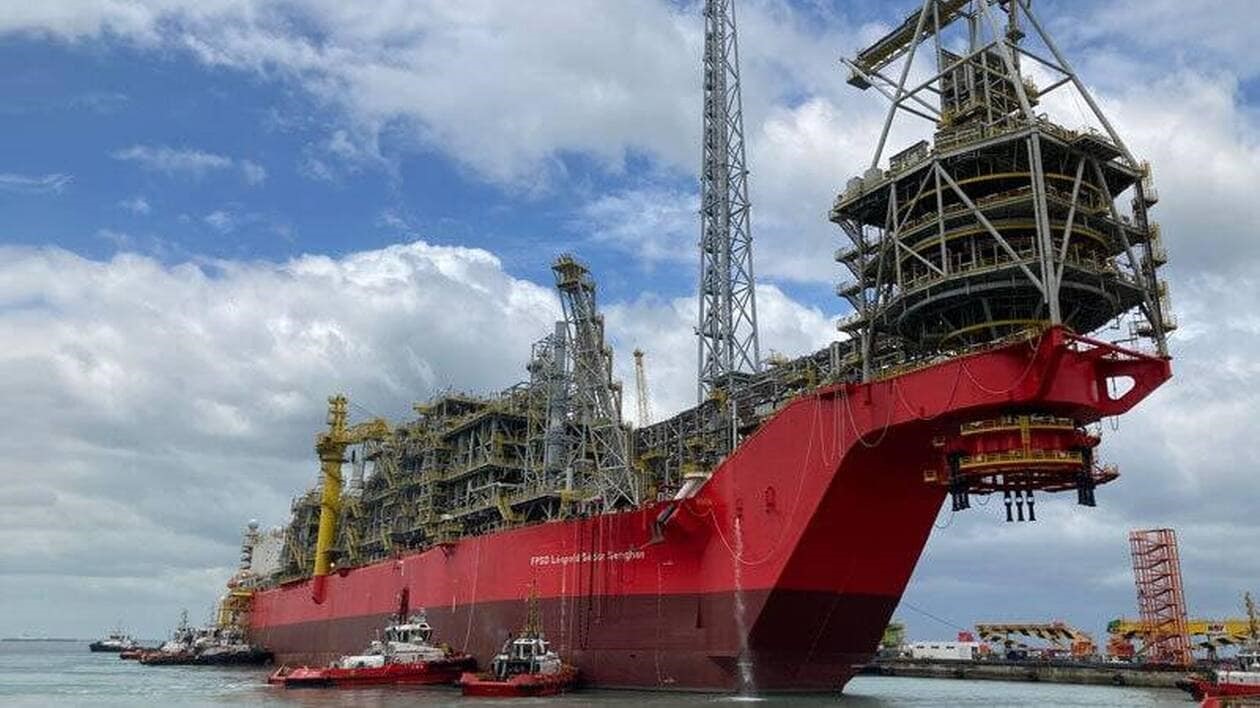

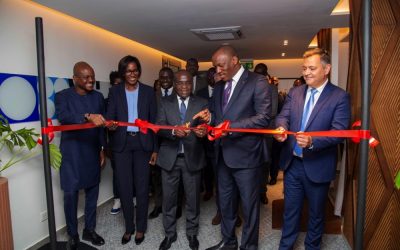
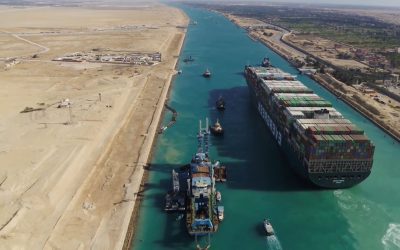
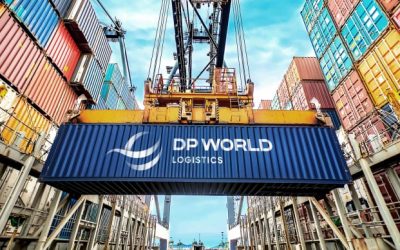


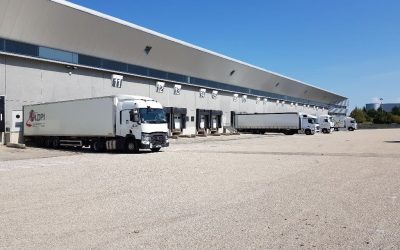
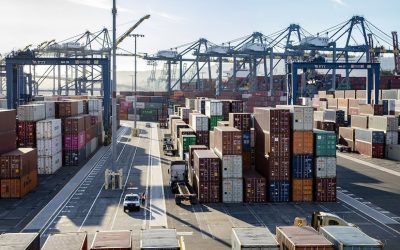



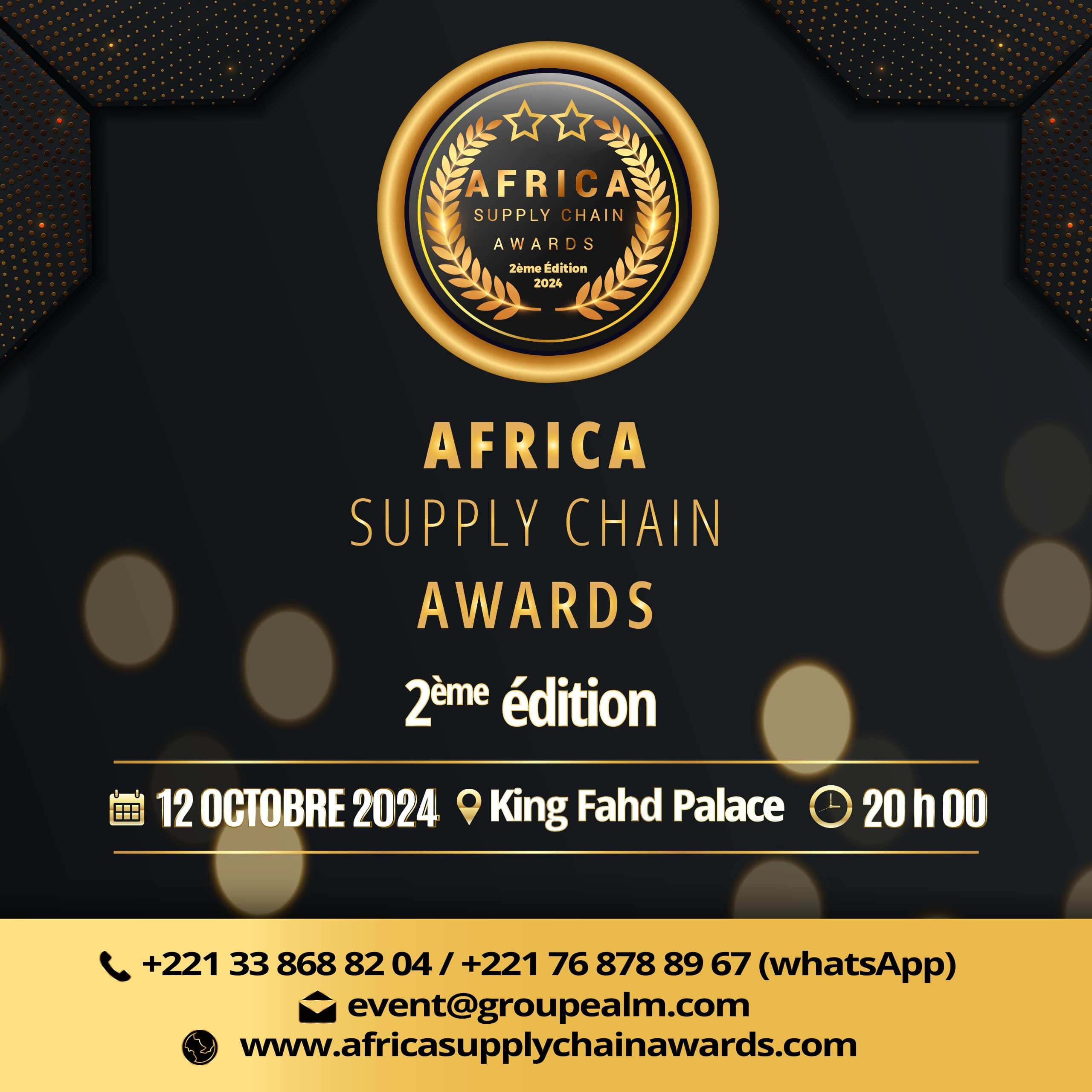
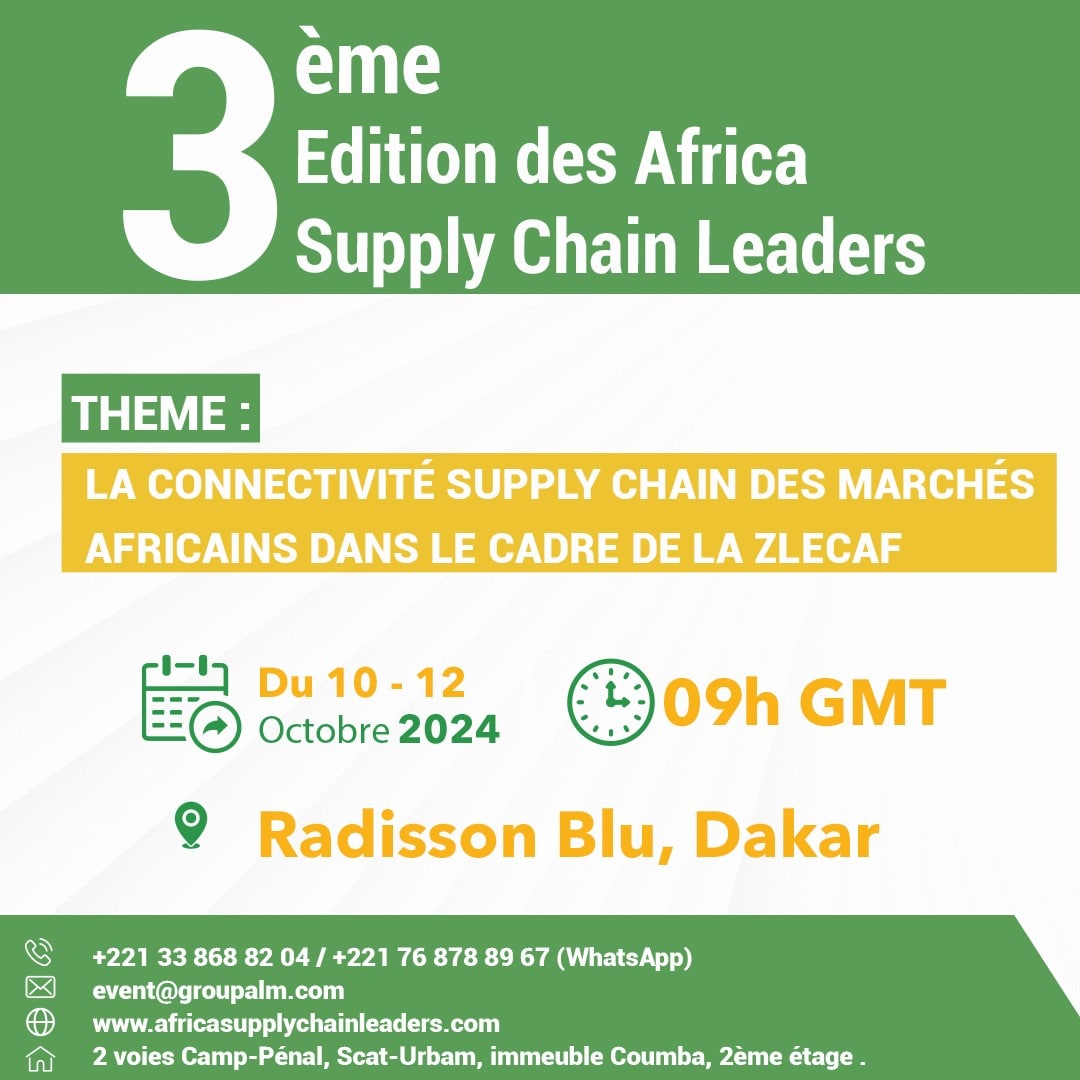



0 Comments